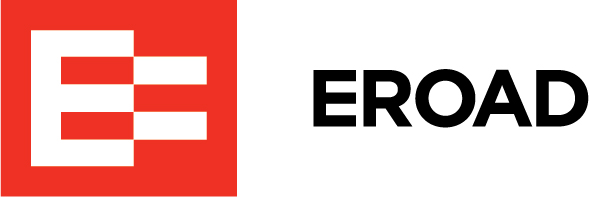How do insurance companies feel about dash cams in commercial fleets?
“Insurance carriers love them,” says Dan Petrillo of LaPorte Insurance, one of EROAD’s strategic partners. “They honestly are a gamechanger in the technology space for trucks, risk and insurance – the top technology piece that’s changing the landscape.”
We recently spent some time talking to Dan about the state commercial auto insurance industry and benefits of dash cams from an insurance carrier’s point of view.
Here’s what Dan had to say about dash cams and insurance:
What is the state of the truck insurance industry?
“We’re currently in what is referred to as a hard market. For the past 10 to 12 years, commercial auto insurers have been losing money and have been taking steps to correct this. One of the ways in which they do that is that they will simply just pull out of that space or restrict what they’re willing to write. Another way they’re doing it is through year-over-year rate increases, which everyone who purchases commercial auto insurance is experiencing.”
What contributes to the current hard market?
“There are several things at play: increased frequency of claims as there are more vehicles on the road and miles driven, medical inflation, increased cost to repair more expensive vehicles and high-dollar claims that are being driven by litigation. There is a dynamic that exists right now and has for about the last 15 years where plaintiff attorneys have a prescribed methodology of suing trucking companies.
The way they manipulate the jury is, essentially, painting these motor carriers as bad actors and the only way to send a message is through the pocketbook. It’s happening more frequently, and large settlements are more and more common. So-called ‘nuclear verdicts’ are verdicts in the $10 million plus arena. They are happening with more frequency and publicity.”
Download the white paper: How Dashcams Protect Your Drivers & Your Business
How do large claims affect the industry overall?
“They cause an effect through the whole industry, where it makes it harder for motor carriers to get insurance and harder for insurance companies to keep doing that kind of business. At the end of the day, insurance is a shared risk pool. Rates increase, and it’s getting more challenging year over year.”
How can dash cams help address that issue?
“Cameras act as an independent third-party witness. While commercial drivers are held to a higher professional standard, many drivers on the road are not properly trained and educated on how to drive with and around 18-wheelers. When an accident happens, it’s important to be able to get to the facts as quickly as possible, which cameras facilitate. Cameras are a proven tool to help control the cost of a claim by getting to a liability determination as quickly as possible.”
What if the video shows that the commercial driver was at fault?
“Even in the event that the camera footage shows that the commercial driver was responsible, it’s better to know that and quickly get the claim closed. The more quickly we can get a liability determination in the life of that claim, the less likely it will turn into a much larger dollar claim.”
How else can dash cams help?
“From a prevention standpoint, which is really related to monitoring driver performance – knowing your at-risk drivers and coaching those drivers to improve their performance. From a risk-management standpoint, the technology is really helpful. But there is a responsibility for the motor carrier to manage that information that’s being collected and act on it.”
In your view, what is the future of dash cams in commercial vehicles?
“In the next 10 years, I think, cameras are going to be ubiquitous in trucks. It may or may not be mandated. But from a motor carrier standpoint, there are so many reasons to get them now to protect and coach your drivers and control insurance claims.”
Watch the webinar: Protecting Your Fleet with Dash Cams

Dan Petrillo
LaPorte & Associates is a full-service Risk Management and Insurance agency supporting the Transportation Industry. LaPorte leverages their client’s in-cab technology to improve their risk profile and help them control their insurance costs.

